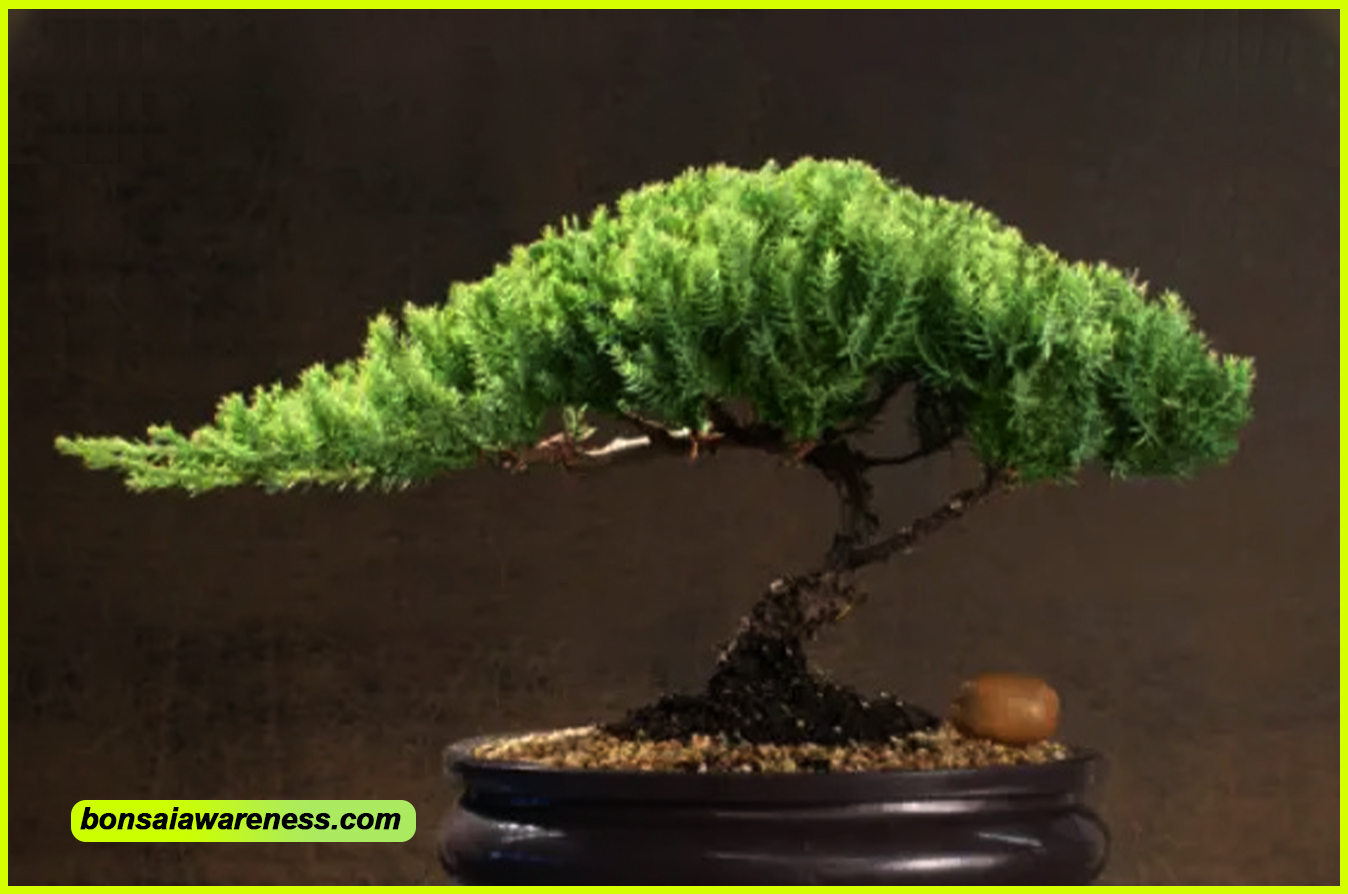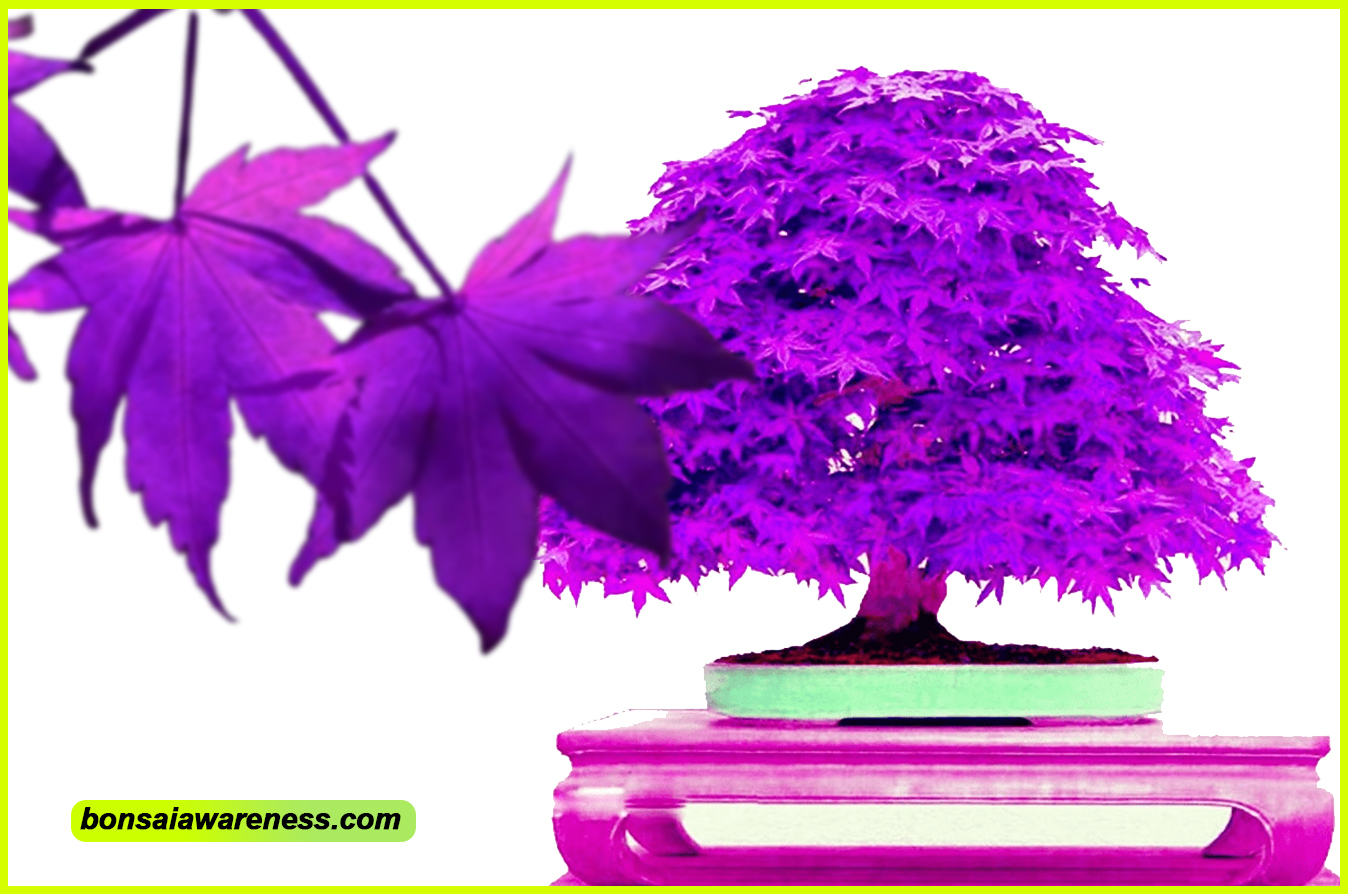Bonsai trees are generally safe for cats, but caution should be taken to ensure they do not chew on or ingest any part of the plant. Bonsai trees can add a touch of elegance and tranquility to any space, making them a popular choice for many cat owners.
While these miniaturized trees are generally safe for cats, it is crucial to take precautions to prevent any potential harm. Cats are curious by nature and may be tempted to chew on the leaves or bark of a bonsai tree.
However, some species of bonsai trees can be toxic to cats if ingested. Therefore, it is important to choose non-toxic varieties and position the plant out of your feline friend’s reach. Additionally, keeping a close eye on your cat’s behavior around the bonsai tree and providing alternative chew toys can help redirect their attention and keep them safe.
Understanding Bonsai Trees
Bonsai trees are miniature trees that are grown in containers and carefully cultivated to resemble their full-sized counterparts. These artistic creations have their origins in ancient China and were later introduced to Japan, where they were further developed. Bonsai trees require specific care and pruning techniques to maintain their unique shape and size.
The history of bonsai trees dates back over a thousand years. It is believed that the art form originated in China, where miniature trees were grown in shallow containers as part of traditional landscape design. The practice of bonsai was then introduced to Japan, where it gained popularity and evolved into a respected art form.
Cats And Bonsai Trees: Potential Risks
Cats and Bonsai Trees can be a risky combination. Bonsai Trees are potentially dangerous for cats due to a few specific reasons. Firstly, Bonsai Trees often have small branches and leaves that are tempting for cats to play with or chew on. This can lead to potential ingestion of toxic plants or choking hazards. Secondly, some Bonsai Trees require certain fertilizers or pesticides that can be toxic to cats if ingested or if they come into contact with the plant’s leaves or soil. Even non-toxic plants can cause an upset stomach or other health issues if a cat ingests them. It’s important to always monitor your cat’s behavior around Bonsai Trees and ensure that they are not able to access or interact with the plants. Providing alternative safe plants for cats to play with can help redirect their attention and keep them entertained without the potential risks associated with Bonsai Trees.
Creating A Cat-friendly Environment
When thinking about creating a cat-friendly environment, it’s essential to consider the safety of your feline friend. Bonsai Trees can be a beautiful addition to your home, but certain species can pose a risk. Identifying safe Bonsai Tree species is crucial to ensure your cat’s well-being.
To keep your cat safe, it’s essential to place Bonsai Trees out of reach from your curious pet. Cats love to climb and explore, so high shelves or hanging the trees can prevent them from causing harm to themselves or the plants.
If having Bonsai Trees is not compatible with your cat’s safety, don’t worry. There are alternative cat-friendly plants that can satisfy your love for Bonsai. Consider plants like Spider Plant, Boston Fern, or Areca Palm, which are non-toxic to cats and can bring a touch of greenery to your home.
Cat-friendly Bonsai Tree Care
Sure! Here is the HTML format for the given blog post: “`htmlCat-Friendly Bonsai Tree Care: When choosing a bonsai tree for your home, it’s essential to opt for cat-safe fertilizers and pesticides to ensure the well-being of your pets. Additionally, trimming and shaping the bonsai trees should be carried out with caution to avoid endangering cats. Moreover, watering techniques that minimize cat-related accidents should be implemented to create a safe environment for both your bonsai and your feline friends.
“` I hope this meets your requirements! Let me know if you need any further assistance.Frequently Asked Questions Of Bonsai Tree Safe For Cats
Are Bonsai Trees Poisonous To Cats?
Bonsai trees can be toxic to cats if ingested, causing vomiting, diarrhea, or other health issues. It’s crucial to place bonsai trees out of reach of cats to prevent potential poisoning. Regularly monitoring your cat’s environment is essential for their safety.
What Bonsai Trees Are Safe For Pets?
Safe bonsai trees for pets include the Fukien tea bonsai, Hawaiian umbrella bonsai, and money tree bonsai.
Are Sweet Plum Bonsai Trees Poisonous To Cats?
Sweet plum bonsai trees are not known to be poisonous to cats. However, it is still important to monitor your cat’s behavior around any plants to ensure their safety.
Is Ficus Ginseng Bonsai Safe For Cats?
Yes, Ficus ginseng bonsai is safe for cats.
Conclusion
Having a bonsai tree in your home can be a safe choice for cat owners. These miniaturized trees not only provide a natural and aesthetic touch to your living space, but they are also non-toxic to cats. With proper supervision and some precautions, you can enjoy the beauty of bonsai without worrying about your feline companion’s safety.
So go ahead, bring a bonsai tree home and create a tranquil environment that both you and your cat can enjoy.


Leave a Reply